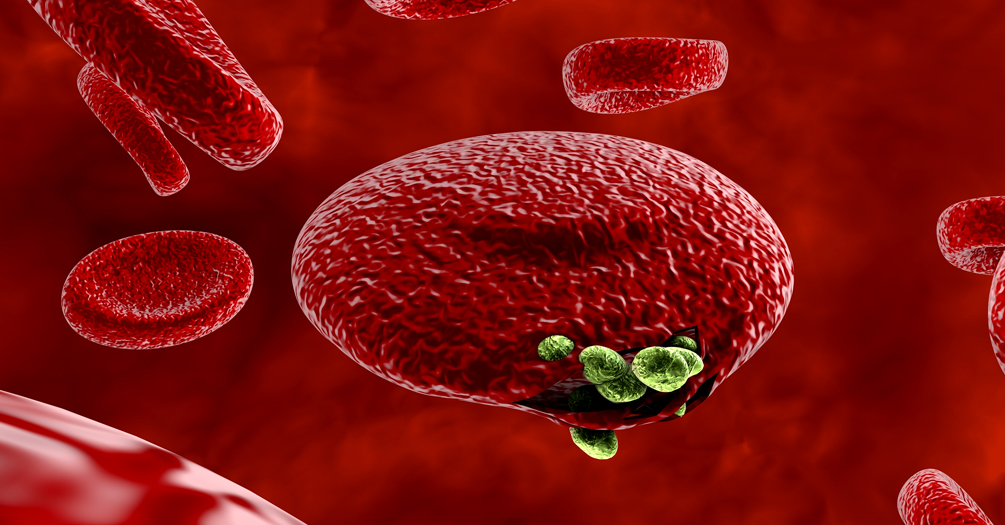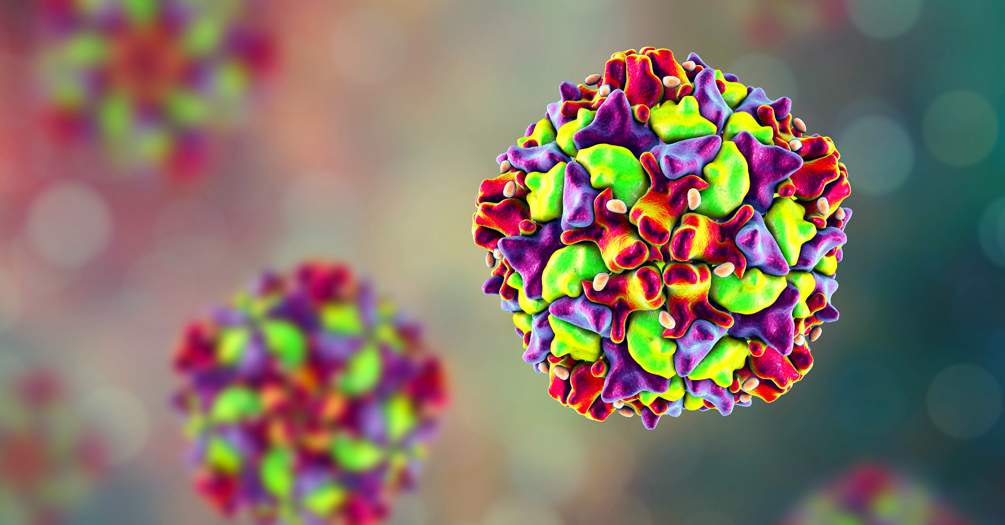
The Risk of Neglecting Malaria in the Age of COVID
Jordan Silar, Leah King, Stephanie Ganzi, and Frass Ahmed
For years, high income countries have directed resources to help fight malaria in developing nations. As the COVID-19 pandemic becomes a major health concern for developed nations, what might this mean for the future of malaria-prevention efforts in low-income countries?





